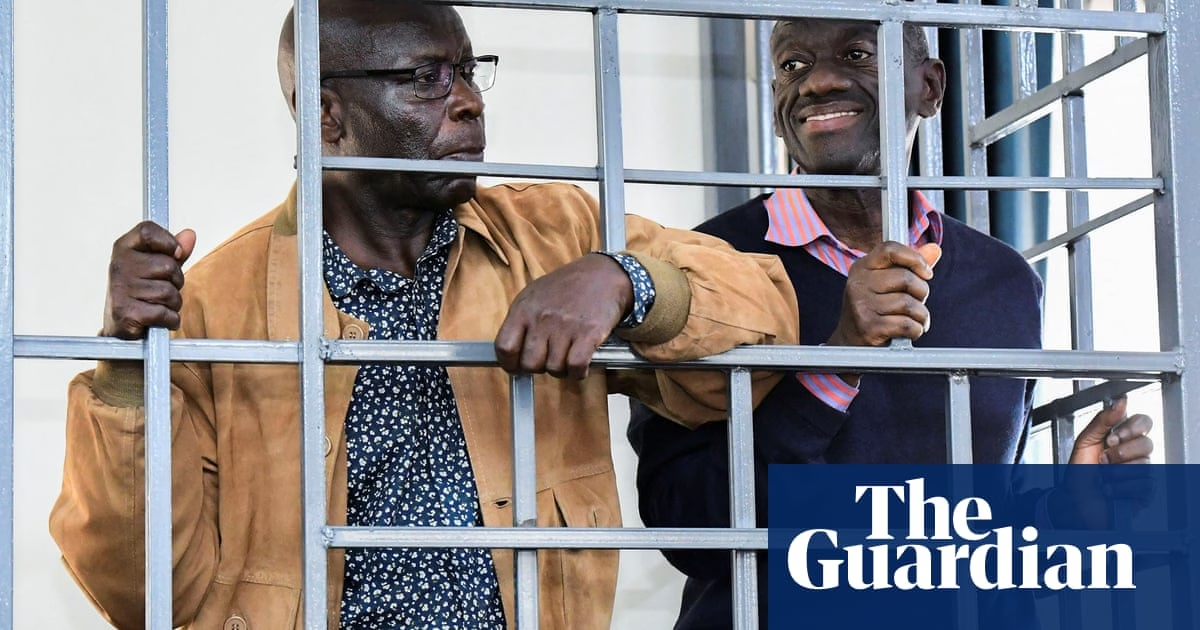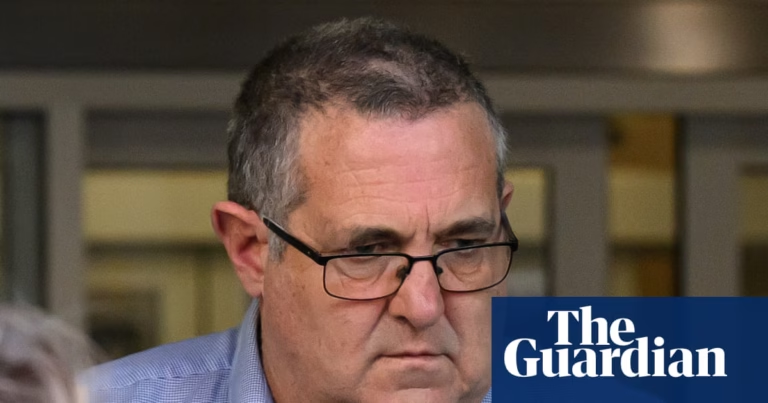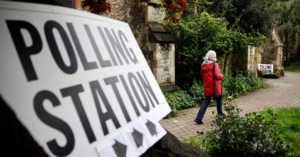Ugandan opposition groups have accused President Yoweri Museveni of attempting to silence dissenting voices by pursuing politically motivated charges against opponents in military courts ahead of next year’s presidential and legislative elections. The government is pushing to introduce legislation that allows military tribunals to try civilians, despite a supreme court ban on the practice.
In November, opposition politician Kizza Besigye was detained in Nairobi, Kenya, along with his aide Obeid Lutale, and charged before a military tribunal with offenses including arms possession, national security threats, and treason, which carries the death penalty. His lawyers argue that the charges are politically motivated.
Besigye, a four-time presidential candidate and long-time Museveni opponent, is one of over 1,000 civilians—including activists and other politicians—who have faced military courts since 2002. Uganda’s supreme court ruled in January that trying civilians in military courts breached constitutional law and ordered such cases to be transferred to civilian courts. Museveni dismissed the ruling as wrong and pledged to continue using military courts.
After Besigye’s hunger strike in February, his trial was moved to a civilian court, but other cases have not seen similar transfers, according to the Uganda Law Society.
Now, the government is considering introducing a law that would allow military tribunals to handle civilians in certain cases. Critics like Paul Mwiru from Bobi Wine’s National Unity Platform accused the administration of using state institutions to instill fear and lean the judicial system in its favor.
Several political figures have faced military courts, including musician-turned-politician Bobi Wine, who plans to contest in the next election, and former opposition MP Michael Kabaziguruka. Repression even extends to civilian courts, where dissidents and critics face prolonged trials, denied bail, and detention without trial.
Government officials, including Museveni, argue that military courts are necessary for the country’s stability and that civilian courts fail to convict those accused of violent crimes. Despite protests from human rights groups declaring the practice unlawful and unfair, the policy persists. The government contends that they are creating a legal framework to define circumstances under which civilians can face military law.
Source: https://www.theguardian.com/world/2025/may/01/uganda-opposition-accuses-president-military-courts-quash-dissent









